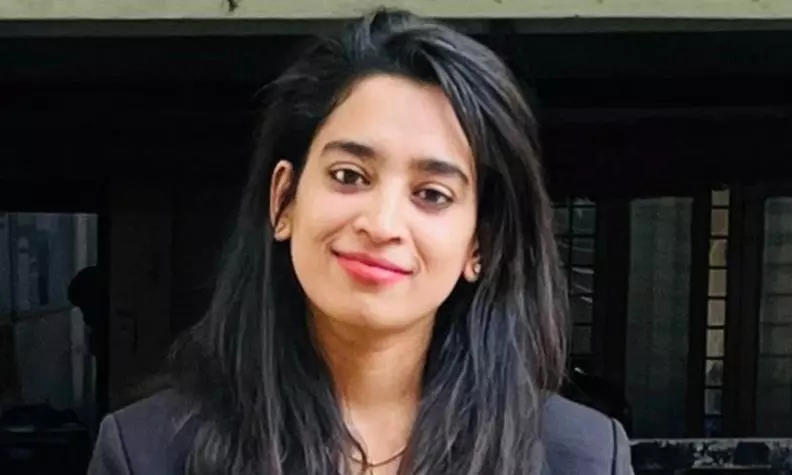India, West. Africa women millet farmers join hands
At the end of the study tour, women farmers in their joint declaration stated that they identified near similar experiences in millet cultivation.

Hyderabad: Women farmers from India and West Africa have vowed to swear by ecological farming through millet cultivation and biodiversity in order ensure a healthier tomorrow and a more robust farming.
Having affirmed their commitment to biodiversity, they realised that the situation is more or less similar in the two regions, including agricultural practices and rural livelihood. This was the gist of the understanding they arrived at after a fortnight-long visit by several women farmers from West Africa, who traversed the country, especially the interiors. They visited farms of a number of Dalit women farmers, who owned relatively small areas of cultivable lands, who were affiliated to Deccan Development Society (DDS).
They also took part in the mobile biodiversity festivals held from January 10-22, conducted by the Society, and studied the varied ways of processing and value addition measures to millets for preparation of newer ready to cook items. Accompanied by DDS representatives, the delegation also visited Zaheerabad in Telangana region to study practices that were common and also technologically different.
At the end of the study tour, women farmers in their joint declaration stated that they identified near similar experiences in millet cultivation. Industrialisation and urbanisation have taken a toll of the sector,
“We the women of India and Africa have solutions to meet challenges and to achieve food sovereignty for our people. We practice a healthy autonomous and sustainable agriculture that guarantees food and health of our families and those of future generations.” The representatives said here on Thursday.
Krishnaveni, coordinator, All India Millet Sisters Network, India, says, “We are engaged in the same struggle-cultivate, breed, maintain and evolve biodiversity for food and farming. Hence, we are joining hands to defend this biodiversity as well as our rights as closely interlinked peasant women. Earlier, the network of millet ‘sisters’ only existed in India but thanks to our exchanges we are sowing for a Millet Sisters International, comprising women miller farmers from India and across South Asia and West Africa.”
“Members of Convergence of Rural Women for Food Sovereignty in Mali, Baradnini Women’s Association in Senegal, and BEDE were engaged in fruitful deliberations,” said Jayasree Cherukuri, Co-Director, DDS, India.

